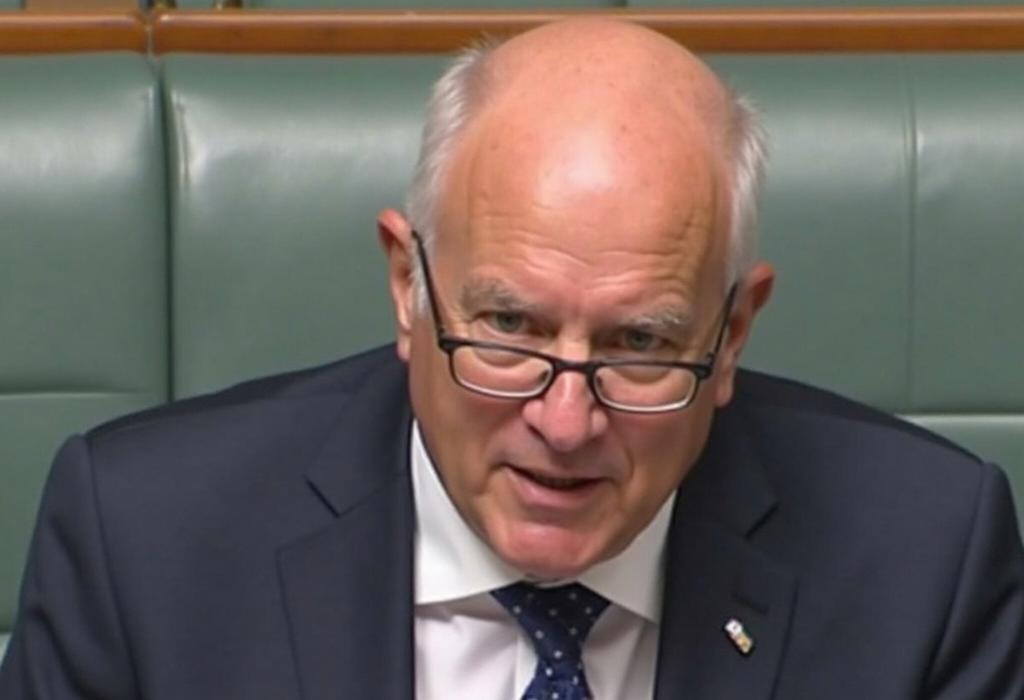In a recent discussion aired on Sky News, host Caleb Bond highlighted a significant concern regarding the gas export plan proposed by Opposition Leader Peter Dutton. Dutton's strategy involves imposing a levy on liquid natural gas exports to encourage companies to prioritize domestic supply over international sales. This plan is reportedly resonating well with conservative voters, according to new polling from The Australia Institute which indicates significant support for the idea that Australia is not experiencing a gas shortage and that current high prices are linked to excessive exports. Dr. Richard Denniss, Executive Director of The Australia Institute, emphasized that older voters, particularly in regional areas, are in favor of a fairer distribution of gas proceeds, advocating for a tax on gas exports to protect local interests.
The recent survey conducted by YouGov reinforces this sentiment, showing that 71% of Coalition voters back Dutton's assertion that high gas prices stem from exports rather than local scarcity. This shift in public perception may further encourage Dutton's Coalition, especially against the backdrop of rising skepticism towards big gas companies.
However, Bond raised a crucial point: the feasibility of implementing such a plan. The levy might only flood the local market if companies can effectively balance their export commitments with domestic supply needs, which could be challenging in practice. Furthermore, the opposition from the existing government led by Labor poses another hurdle. Labor has yet to embrace Dutton's proposal, risking political fallout as Australia grapples with energy prices that are expected to rise significantly if LNG imports become necessary at higher market rates.
The unfolding political narrative also intersects with broader themes of energy governance in Australia, particularly as the country navigates its transition towards renewable energy while managing its existing fossil fuel infrastructure. As the Coalition positions itself on this issue, it begs the question of whether the Labor government will reassess its relationship with the energy lobby to prioritize domestic energy security over international profit.
Mark Ogge from The Australia Institute argues that the current bipartisan policy allowing extensive gas exports is fundamentally flawed, highlighting the contradiction whereby Australia ships vast amounts of gas abroad while facing domestic supply issues. Given the political landscape and public support, the tension between the Coalition's gas policy and Labor's opposition may well define upcoming energy debates in the lead-up to the next federal election.
AD
AD
AD
AD
Bias Analysis
Bias Score:
65/100
Neutral
Biased
This news has been analyzed from 25 different sources.
Bias Assessment: The news reflects a moderate to high level of bias, mainly leaning towards supporting the Coalition's gas policy. This is indicated by the selection of sources that favor conservative viewpoints and the framing of public opinion in a way that emphasizes the perceived shortcomings of the Labor party. Additionally, the analysis provides a favorable interpretation of Dutton's stance while portraying criticism of the current government's energy policies.
Key Questions About This Article




